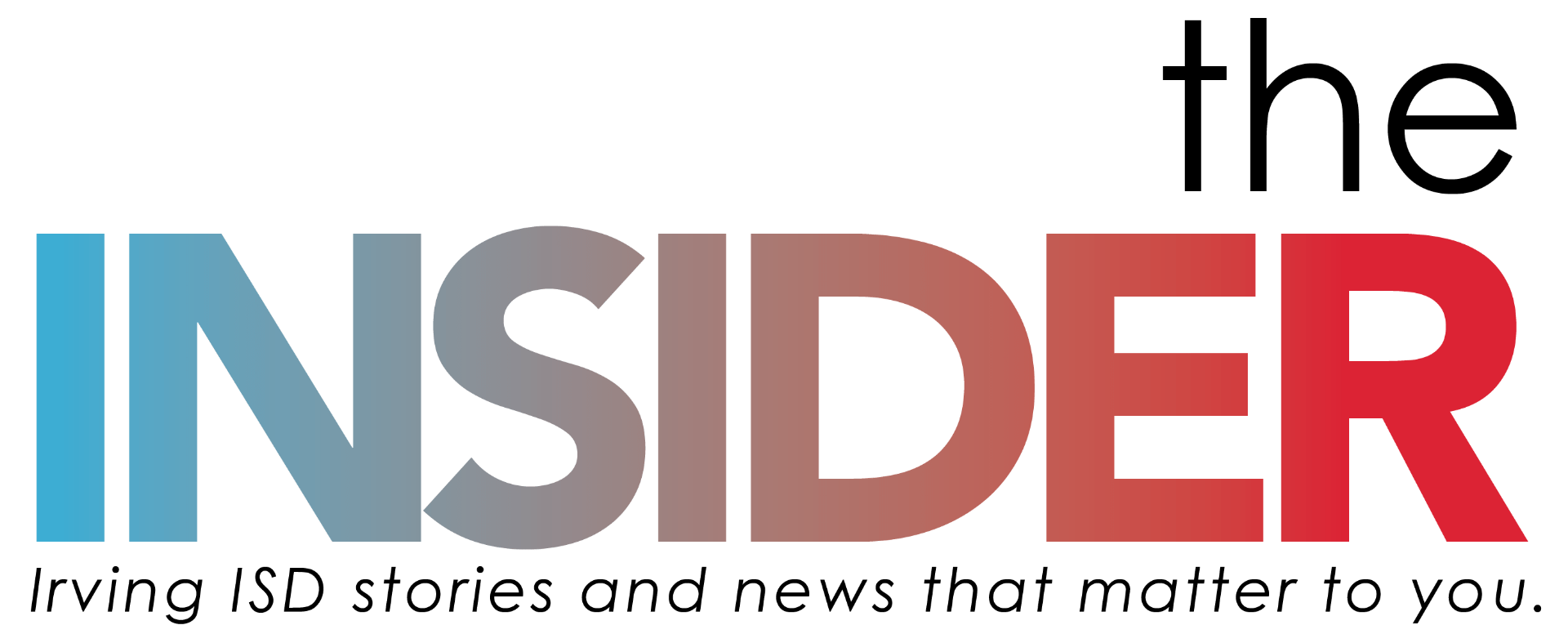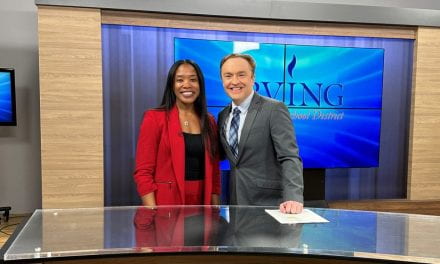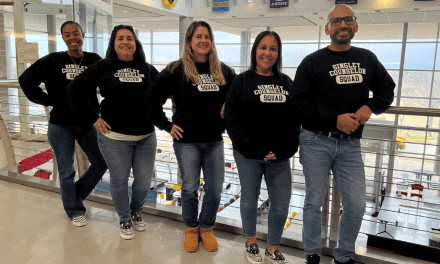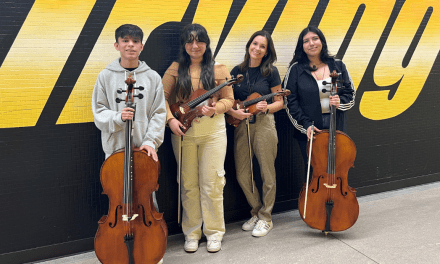Seven summers ago, 12-year-old Miriam Trigo spent her break at Bowie Middle School refining her English skills through the Irving ISD language and literacy summer enrichment camp.
That part of her compelling story came full circle on Tuesday when, via Zoom video conferencing, she spoke with the participants of this year’s camps at de Zavala and Travis middle schools and Nimitz High School.
“I’m here to share my story, how I got to the U.S., and how you and I are alike,” she told the students, switching between speaking English and Spanish. “I was in your shoes just a few years ago – I attended the same camp you’re attending and did the same activities you are doing.”
Miriam and her family immigrated to the United States from Guadalajara, Mexico, in 2012. She didn’t know “a lick of English,” and was placed in the English as a Second Language (ESL) program at Crockett Middle School. The following year, she transitioned to all English classes and shortly after was placed in the Gifted and Talented program.
Six years after attending the camp, Miriam graduated as valedictorian of the Irving High School class of 2018. She recently completed her first year at Stanford University, where she is studying bioengineering/pre-med on a full scholarship.
“Stanford tuition is $80,000 a year – $320,000 over the course of four years,” she says. “But I don’t pay a dime because of my hard work for six years at Irving ISD. And you can do it, too.”
Miriam is a QuestBridge scholar, a program which matches high-performing students who have a financial need with full-ride scholarships to the best universities in the nation.
In addition to stellar grades, Miriam was heavily involved in extracurriculars such as volleyball, choir and student council – something she highly encouraged the students to do.
“It’s important that you be involved,” she says. “For your own improvement and practicing your English, for making more friends and having more fun at school.”
She also advised students to not shy from asking their teachers and friends for help.
“In order to feel more comfortable speaking English, I would ask my friends for help,” she says. “If I pronounced something incorrectly, instead of shying away and not speaking English anymore, I would ask them, ‘how do you really pronounce this?’ I would look at the way they moved their mouths or take note of the words they spoke more often than others. And that’s how I learned.
“If I can do it, so can you.”






